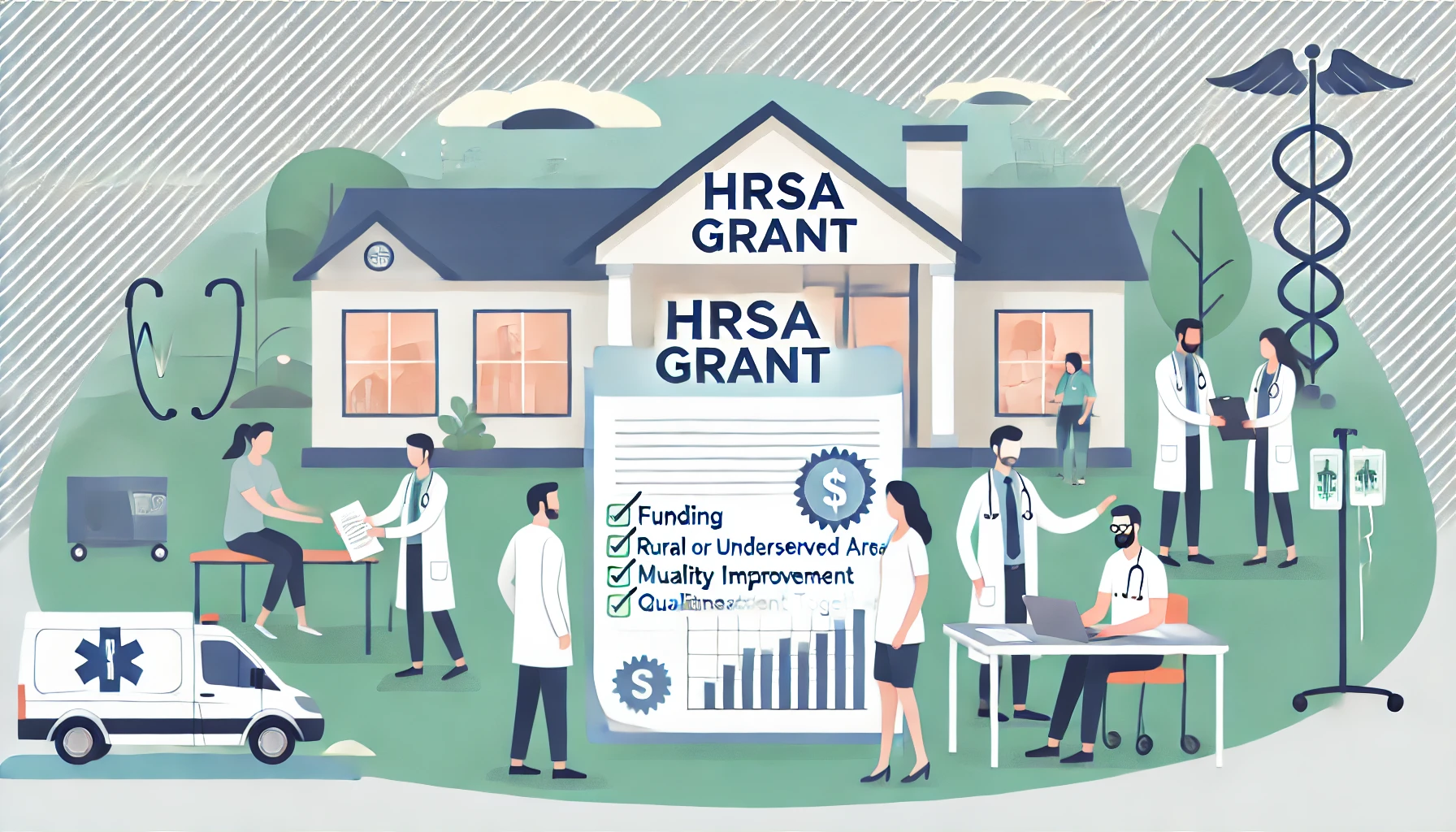
Table of Contents

Medical malpractice reforms seek balance between patient rights and healthcare sustainability through peer review, legislative approaches, and transparent quality improvement.
Medical malpractice reforms seek balance between patient rights and healthcare sustainability through peer review, legislative approaches, and transparent quality improvement.
Medical Malpractice Reforms: Balancing Patient Rights and Healthcare Sustainability
In the complex landscape of healthcare policy, medical malpractice reforms continue to challenge lawmakers, healthcare providers, and patients alike. As we examine the ongoing debates surrounding medical liability, it becomes clear that finding a balanced approach is crucial for maintaining both patient rights and healthcare system sustainability.
The Current Landscape of Medical Malpractice
Medical malpractice remains a critical issue that impacts multiple stakeholders in the healthcare ecosystem. Recent legislative discussions highlight the intricate challenges of creating fair and effective policies that protect patients while supporting healthcare providers.
Key Challenges in Medical Malpractice Reform
- Patient Protection: Ensuring patients have legitimate recourse for medical errors
- Healthcare Provider Support: Preventing excessive legal burdens that could discourage medical practice
- Cost Management: Controlling rising medical malpractice insurance premiums
The Role of Peer Review in Addressing Malpractice Concerns
At Medplace, we believe that independent peer review offers a critical mechanism for addressing potential medical errors and improving overall patient safety. Our platform connects healthcare organizations with qualified medical experts across 132 specialties, providing an objective assessment that can:
- Identify potential systemic issues before they become legal disputes
- Provide transparent, expert analysis of medical incidents
- Support continuous quality improvement in healthcare delivery
Legislative Approaches to Malpractice Reform
While specific legislative proposals vary, several common approaches have emerged in recent policy discussions:
- Damage Caps: Limiting monetary awards in malpractice lawsuits
- Alternative Dispute Resolution: Creating mechanisms for resolving medical error claims outside traditional court systems
- Enhanced Reporting Requirements: Improving transparency in medical incident reporting
Balancing Competing Interests
The challenge lies in creating a framework that:
- Protects patients' rights to compensation for genuine medical errors
- Prevents frivolous lawsuits that burden the healthcare system
- Maintains affordable medical malpractice insurance
Potential Benefits of Comprehensive Reform
Effective medical malpractice reforms could potentially:
- Reduce defensive medicine practices
- Lower healthcare costs
- Improve overall patient care quality
The Medplace Perspective
Our experience with peer review suggests that proactive, transparent approaches can significantly mitigate malpractice risks. By leveraging expert medical opinions and creating robust quality assurance mechanisms, healthcare organizations can:
- Identify potential issues before they escalate
- Demonstrate commitment to patient safety
- Reduce the likelihood of costly legal disputes
Critical Considerations
While no single solution exists, a multifaceted approach that includes:
- Comprehensive peer review processes
- Clear reporting mechanisms
- Fair compensation frameworks
Can help balance the complex needs of patients, healthcare providers, and the broader healthcare ecosystem.
Conclusion
Medical malpractice reform remains an evolving challenge that requires nuanced, collaborative approaches. As the healthcare landscape continues to change, stakeholders must remain committed to finding balanced solutions that prioritize patient safety, support healthcare providers, and maintain sustainable healthcare delivery.
Source: Original article referenced from NM Political Report

Unlocking Funding: A Guide to Health Resources and Services Administration (HRSA) Grants
Use HRSA grants to fund external peer review programs that enhance care quality, reduce bias, and support compliance in health centers.
.png)
.png)

Understanding Critical Access Hospitals: Definition, Criteria, Requirements, and Medicare Designation
A brief summary of CAH requirements and Medicare Designation.
.png)
.png)

Strategies to Improve the Quality of Care and Patient Safety
Healthcare orgs improve care quality through structured programs, with external peer review adding objectivity, expertise, and efficiency to the quality ecosystem.
.png)
.png)



.png)
.png)
.png)






.png)